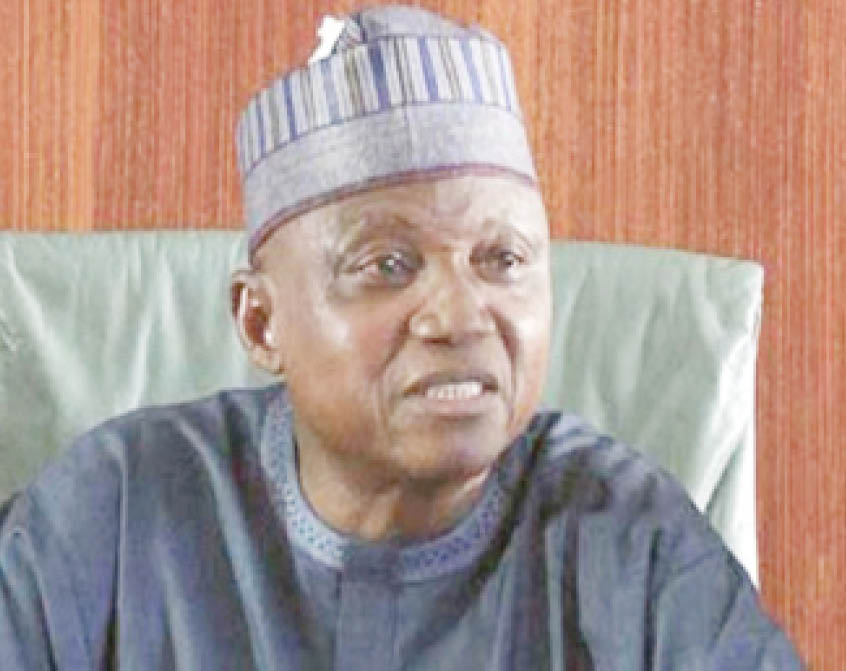Presidency blames Kukah, others for delay in Tucano jets’ delivery
The Presidency Sunday alleged the Catholic Bishop of Diocese of Sokoto, Bishop Mathew Kukah, and other opponents of President Muhammadu Buhari’s administration cause the delayed delivery of Tucano fighter jets from the US. Kukah and the Presidency had engaged in a war of words in the past few days. The former had, in his Easter […]

Malam Garba Shehu
The Presidency Sunday alleged the Catholic Bishop of Diocese of Sokoto, Bishop Mathew Kukah, and other opponents of President Muhammadu Buhari’s administration cause the delayed delivery of Tucano fighter jets from the US.
Kukah and the Presidency had engaged in a war of words in the past few days. The former had, in his Easter sermon, alleged that Buhari had destroyed Nigeria; the allegation the latter had punctured. Two days later, the cleric, on a programme of Arise TV, described the president’s spokesmen as incompetent and challenged them to a debate.
- Constituency projects: How lawmakers are diverting public funds — ICPC
- Cultists on the prowl in Benue
Yesterday, Shehu, in a statement titled ‘Predicting Nigeria’s Collapse is a Perennial Pursuit of US Think Tanks and Policy Experts’, reacted to the plan to release an updated book written by a retired former US Ambassador to Nigeria John Campbell in which Kukah provided a supportive quote for the dustcover.
Shehu said the US policy and support towards Nigeria, including during the Buhari administration, had been so inconsistent.
He said despite Kukah’s constant negative views, Campbell had “consistently” said it was in the interests of the US to encourage democracy and security in Nigeria.
He said it seemed unlikely the conclusion of the book to be published by the US Council on Foreign Relations (CFR) think-tank would be that Nigeria was improving on any measure.
Shehu stated: “In 2015 the then newly-elected Buhari government requested US military support in the form of Super Tucano jet fighters for the Nigerian Air Force. The Nigerian military, security, and intelligence services repeatedly made this request. The US administration of the time concurred: the delivery of such jets would help deliver a critical turning point in Nigeria’s struggle against jihadist terrorists across the Sahel.
“Yet two years later, that jet delivery was rescinded, the reasons given that unless Nigeria improved its religious relations between Christianity and Islam then US support would not be forthcoming in this, and many other areas.
“Such views were compounded by the constant lobbying of US Congress by the opponents of the Nigerian government who had lost the previous election, and many of their southern religious supporters, including Bishop Mathew Kukah, the Catholic Bishop of Diocese of Sokoto, who, unsurprising, provides a supportive quote for the dustcover of the new edition of Campbell’s book. (Kukah even took to addressing the US Congress himself, briefing his audience on the history of coups in Nigeria – without, of course, mentioning that none had occurred since 1993, some 29 years ago).
“Fortunately, now today under a new US administration these jets have been delivered, and with it, a serious blow against the terrorists – with the supreme leader of Islamic State in West Africa and scores of other leaders of the group eliminated in airstrikes.”
